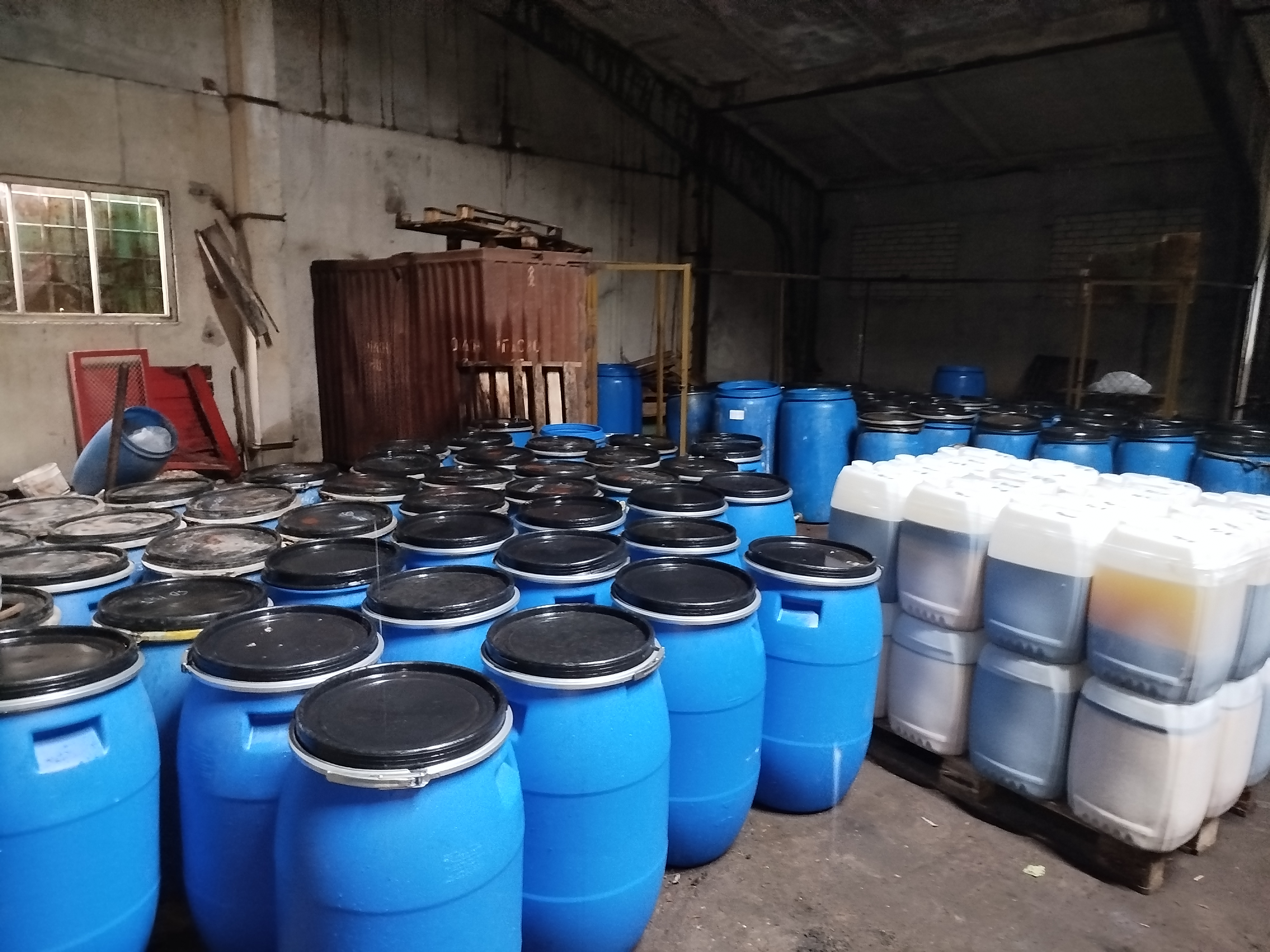The country works with UNDP and GEF to eliminate persistent organic pollutants.
Belarus Breaks Free from ‘Forever Chemicals’
August 8, 2024

Imagine a community where local water sources are so contaminated that they are no longer safe for people. Agricultural lands, tainted by toxic residues, pose severe health risks to all living beings in the area. This scenario is a harsh reality in many parts of the world due to persistent organic pollutants (POPs).
These harmful pollutants, sometimes called ‘forever chemicals’, stand out as a significant threat to both humans and the environment. POPs are toxic, invisible and highly resilient. They are also mobile and pervasive.

Recognizing the severe threat posed by POPs that also include polychlorinated biphenyls (PCBs), the international community has taken significant steps to mitigate their impact. The Stockholm Convention on Persistent Organic Pollutants, adopted in 2001, represents a pivotal step in curtailing the production and use of these toxic substances. To date, 186 countries, including Belarus, committed to taking measures to initially diminish the release of 12 most toxic types of POPs into the environment. Since then, the number of substances covered by the Convention has increased to 34.
According to the UN Environment Programme, only 17% of the total amount of PCBs has been eliminated worldwide, with 83% still to be dealt with.
In Belarus, the United Nations Development Programme (UNDP) supports the government and works with businesses to address POPs.
With financial support from the Global Environment Facility (GEF), UNDP and the Ministry of Natural Resources and Environmental Protection of Belarus combined knowledge and efforts within the project “Sustainable Management of Persistent Organic Pollutants and Chemicals in the Republic of Belarus, GEF-6” (the POPs Project).
Even with the project set to conclude in just over two months, the sustainability of its interventions is already evident. Behind the project leaves a portfolio of effective strategies and tangible results that will continue to benefit Belarus in its fight against these deadly chemicals.
The legacy of past widespread use of POPs in industry and agriculture means that contaminated sites and persistent residues continue to pose risks to local communities and the environment. Since the project's launch in 2020, over 2,600 tons of POPs have been removed and destroyed. This includes more than 1,180 tons of PCB-containing waste and over 1,430 tons of obsolete pesticides.

A warehouse filled with neatly stacked plastic containers with PCB-containing waste, awaiting transportation to a disposal facility.
Key milestones have been achieved in rural areas, where warehouses in Vitebsk and Grodno regions have been cleared of obsolete pesticides. The clean-up efforts in Minsk region are nearing completion, having already removed 442.4 tons of pesticides, with preparations underway to dispose of the remaining 100 tons.
The project's focus extended beyond mere cleanup to building a sustainable framework for POPs management and disposal.
The project developed a replicable two-stage process for disposing of PCB-containing waste. The first stage involves collecting and storing the waste at a specialized site. The second stage prepares the waste for transportation abroad and safe disposal. The mechanisms for handling PCB waste have proven effective and will continue operating beyond the project.
The success of the POPs project shows that there is a solid blueprint for managing POPs, ensuring better environmental protection and public health safety in Belarus. With the international support Belarus is moving forward to completely phasing out these chemicals, so they don't become a lasting problem in the future.
More about our work on POPs disposal.

 Locations
Locations



